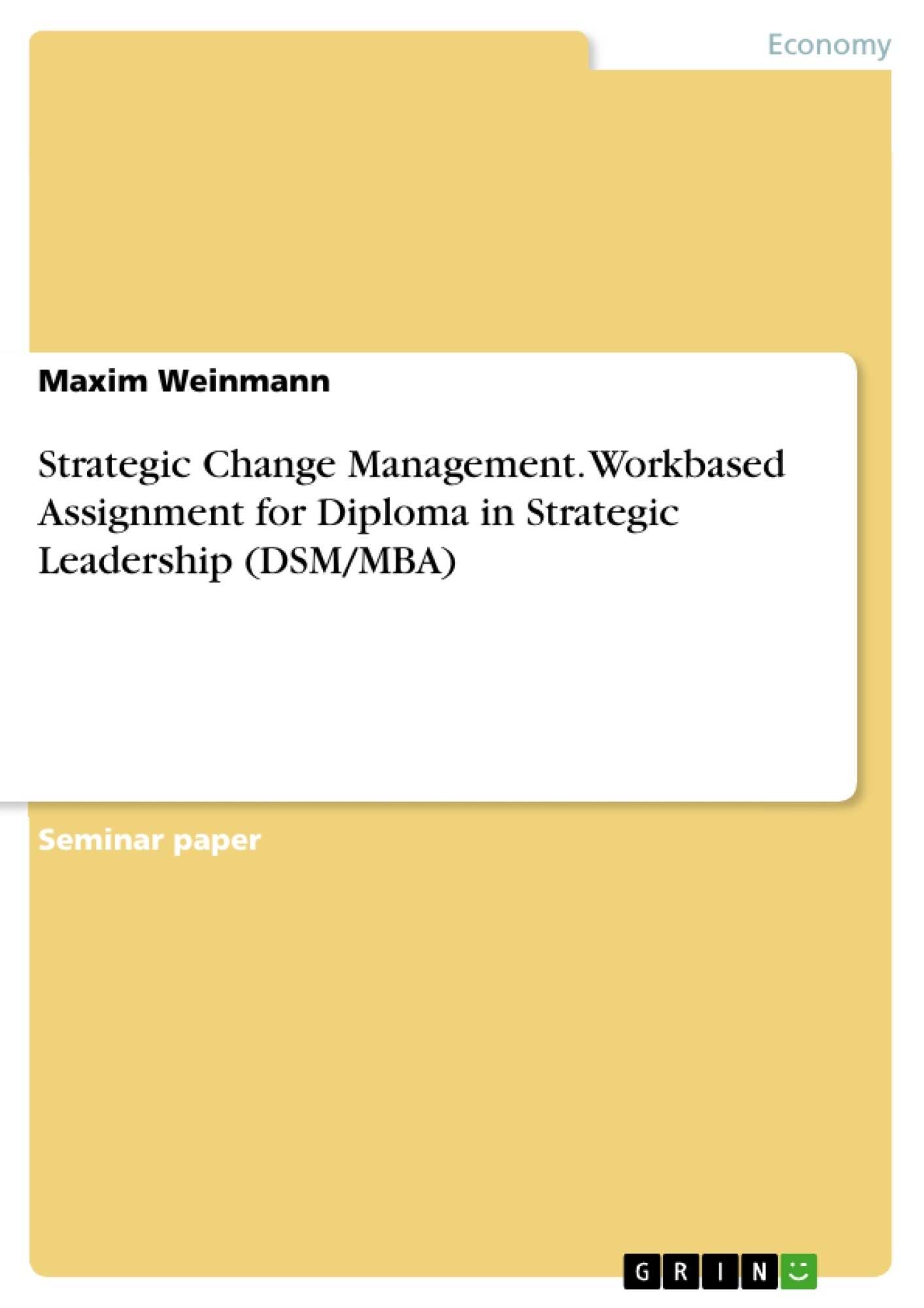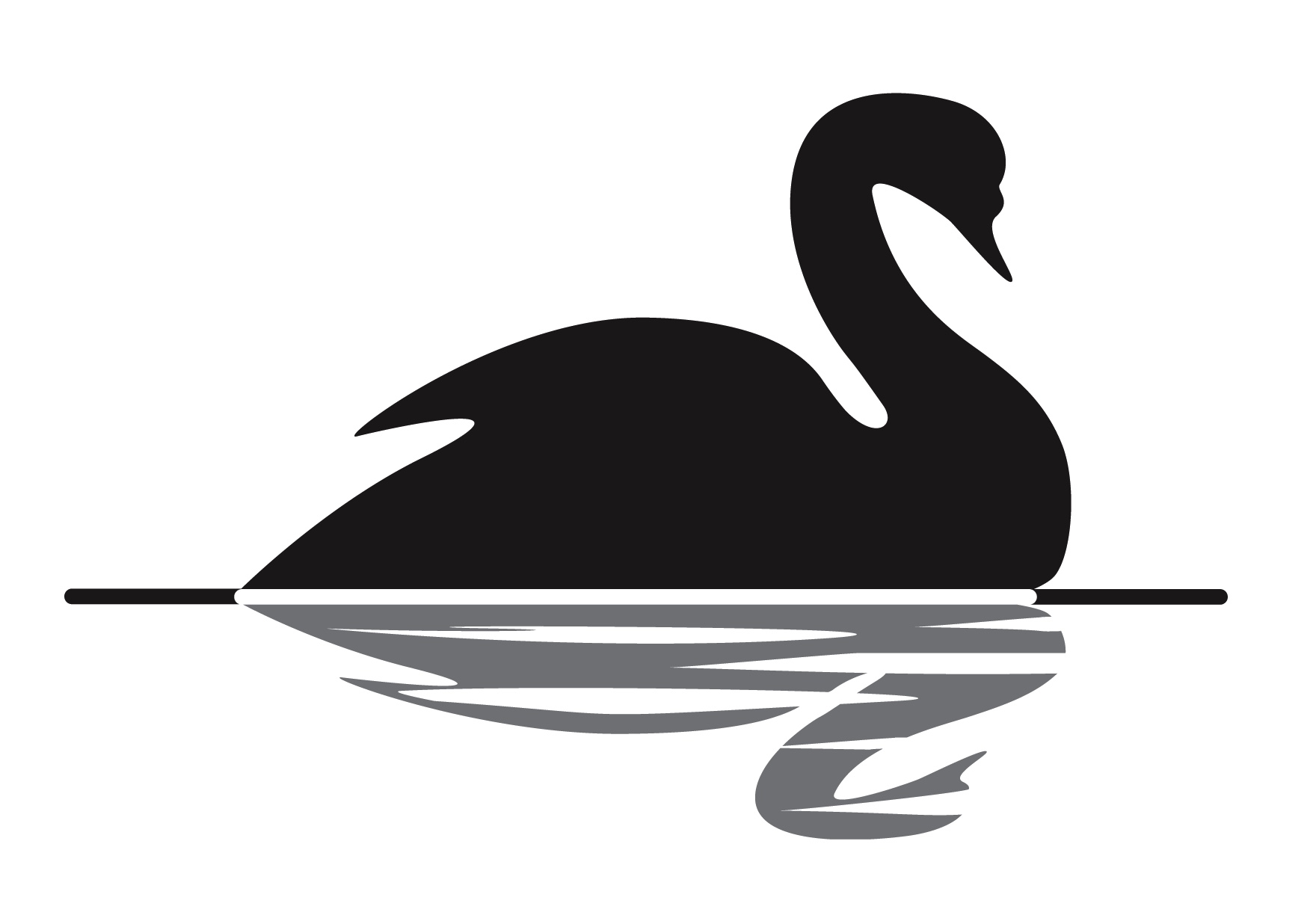
The Institute for Supply Management - ISM is an organization dedicated to supply and logistics management. It publishes a monthly newsletter and offers certification programmes. The organization has over 45,000 members and is non-profit. It has an excellent reputation among supply chain professionals and is the oldest international association. Its mission is to improve the business process through effective supply chain management. For more information about ISM, please visit its website.
ISM, a non-profit organization, is available for donations
The Institute of Supply Management is the oldest and largest supply management organization in the world. Its mission it to improve the science and practice of supply chain management. It extends this mission through education, research and dissemination of information. Its membership is made up of over 50,000 professionals from more then 80 countries. It offers certifications such as the Certified Professional in Supplies Management and the Certified Professional in Source Diversity.
The Institute of Supply Management is an international non-profit organization dedicated to education and support for supply chain managers. Its publications include Inside Supply Management. The magazine was created in June 1998. Its educational courses cover all aspects supply management and include a procurement curriculum.

It also offers certification
The Institute for Supply Management offers CPSM (Certified Professional in Supply Management), certification for people who are interested in a career in the supply chain or procurement industry. This credential is a globally recognized credential for supply chain management professionals. Candidates must fulfill academic and professional experience requirements before they can take three written tests to earn the credential.
The highest professional certification, CPSM, validates your knowledge in supply chain management functions. CPSM professionals have to have at minimum 60 hours of approved continuing learning credits. They must also have three years' experience in a business that practices supply-chain management. The certificate enables professionals to become a trusted adviser to businesses looking to expand their supplier diversity strategy.
It publishes a magazine monthly
The Institute of supply management issues a quarterly magazine and a newsletter. These publications aim to be a valuable source for supply-management professionals. They provide information on current trends and innovations. They are also available for non-members and anyone interested in supply management.
Inside Supply Management is a magazine and newsletter that provides information for procurement and supply chain professionals. It includes in-depth articles, trends, and thought leadership. It is designed for professionals of all levels. This magazine covers sourcing, strategic sourcing, e-business, and more. Along with its informative articles, this magazine offers a range of online education programs.

It also has its own website
The Institute of Supply Management provides training for supply management professionals. The Institute of Supply Management was established in 1915. It provides education, certification, research, and support for the purchasing, supply, and logistics industries. The institute is a global association that has more than 50,000 members in 100 countries. It offers certifications and educational programs for supply-management professionals.
The ISM, the world's premier not-for profit supply management organization, is a pioneer in this field. It uses big data and cognitive computing technology to improve supply chain performance, reduce total costs of ownership, speed up time to market, and reduce lead times. Its certifications enable supply management professionals to grow their careers and expose them to new customer base.
FAQ
Why is it important that companies use project management methods?
Project management techniques are used to ensure that projects run smoothly and meet deadlines.
Because most businesses depend heavily on project work to produce goods or services,
These projects must be managed efficiently and effectively by companies.
Without effective project management, companies may lose money, time, and reputation.
What role can a manager fill in a company’s management?
Managers' roles vary from industry to industry.
Managers generally oversee the day-today operations of a business.
He/she is responsible for ensuring that the company meets all its financial obligations and produces the goods or services customers want.
He/she ensures that employees follow the rules and regulations and adhere to quality standards.
He/she plans new products and services and oversees marketing campaigns.
What does Six Sigma mean?
Six Sigma uses statistical analyses to locate problems, measure them, analyze root cause, fix problems and learn from the experience.
The first step to solving the problem is to identify it.
Next, data will be collected and analyzed to determine trends and patterns.
The problem is then rectified.
Final analysis of data is done to determine if the problem has been solved.
This cycle continues until the problem is solved.
Statistics
- Your choice in Step 5 may very likely be the same or similar to the alternative you placed at the top of your list at the end of Step 4. (umassd.edu)
- UpCounsel accepts only the top 5 percent of lawyers on its site. (upcounsel.com)
- As of 2020, personal bankers or tellers make an average of $32,620 per year, according to the BLS. (wgu.edu)
- The average salary for financial advisors in 2021 is around $60,000 per year, with the top 10% of the profession making more than $111,000 per year. (wgu.edu)
- This field is expected to grow about 7% by 2028, a bit faster than the national average for job growth. (wgu.edu)
External Links
How To
How does Lean Manufacturing work?
Lean Manufacturing methods are used to reduce waste through structured processes. They were created in Japan by Toyota Motor Corporation during the 1980s. It was designed to produce high-quality products at lower prices while maintaining their quality. Lean manufacturing focuses on eliminating unnecessary steps and activities from the production process. It is made up of five elements: continuous improvement, continuous improvement, just in-time, continuous change, and 5S. It is a system that produces only the product the customer requests without additional work. Continuous improvement involves constantly improving upon existing processes. Just-in time refers to components and materials being delivered right at the place they are needed. Kaizen means continuous improvement. Kaizen involves making small changes and improving continuously. Fifth, the 5S stand for sort, set up in order to shine, standardize, maintain, and standardize. To achieve the best results, these five elements must be used together.
Lean Production System
Six key concepts make up the lean manufacturing system.
-
Flow - focus on moving material and information as close to customers as possible;
-
Value stream mapping: This is a way to break down each stage into separate tasks and create a flowchart for the entire process.
-
Five S's - Sort, Set In Order, Shine, Standardize, and Sustain;
-
Kanban is a visual system that uses visual cues like stickers, colored tape or stickers to keep track and monitor inventory.
-
Theory of constraints: Identify bottlenecks and use lean tools such as kanban boards to eliminate them.
-
Just-in Time - Send components and material directly to the point-of-use;
-
Continuous improvement: Make incremental improvements to the process instead of overhauling it completely.